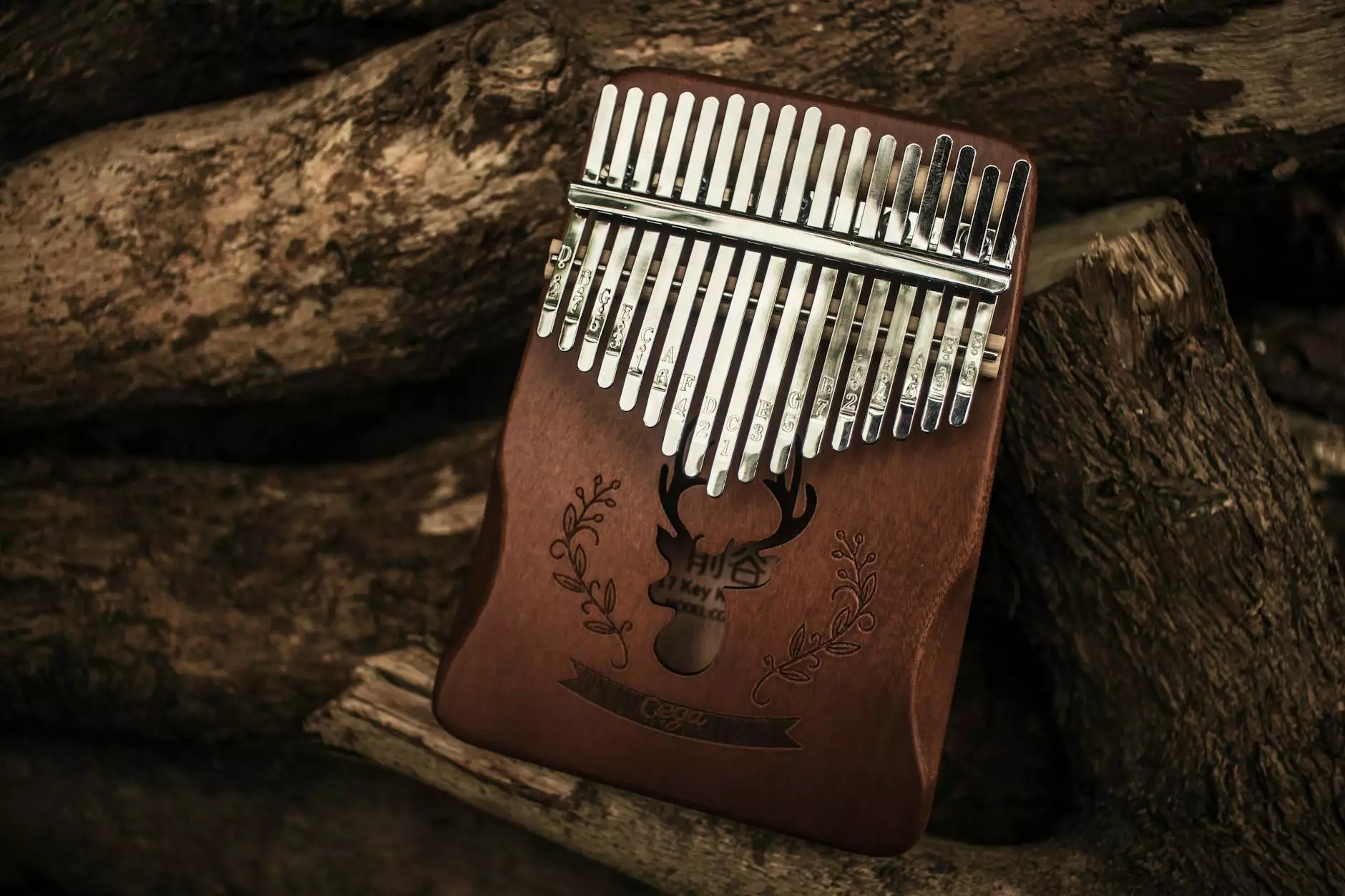The Majestic African Ebony Tree: A Pillar of Culture and Commerce

The African Ebony Tree holds a revered place in both nature and human culture. Known scientifically as Diospyros, this remarkable tree is not only a source of some of the finest timbers in the world but also a symbol of rich cultural heritage in various African communities. In this article, we will explore the multifaceted significance of the African Ebony Tree, including its ecological importance, commercial value, and cultural impact.
1. Understanding the African Ebony Tree
The African Ebony Tree is recognized for its dense, dark heartwood, which is one of the heaviest and most expensive woods globally. The tree typically grows in tropical rainforests, primarily in regions across West and Central Africa. These trees contribute significantly to their ecosystems, providing habitat for various wildlife and playing a key role in soil conservation and carbon storage.
2. Ecological Benefits of the African Ebony Tree
The ecological significance of the African Ebony Tree cannot be overstated:
- Habitat Provision: The tree serves as a vital habitat for numerous bird species, insects, and mammals, supporting biodiversity in its native regions.
- Soil Conservation: Its deep root system helps to prevent soil erosion, maintaining the health and stability of the forest floor.
- Carbon Sequestration: Like many trees, the African Ebony Tree plays a role in mitigating climate change by absorbing carbon dioxide from the atmosphere.
3. The Cultural Significance of the African Ebony Tree
Throughout history, the African Ebony Tree has held a profound cultural significance for various communities:
- Traditional Craftsmanship: Artisans use African ebony wood to create high-quality carvings, musical instruments, and furniture, which are highly valued both locally and internationally.
- Symbol of Wealth: Due to its rarity and value, possessions made from African ebony are often seen as status symbols in various cultures.
- Spiritual Importance: In some African cultures, the tree is considered sacred, and its wood is used in spiritual rituals and ceremonies.
4. Commercial Value of the African Ebony Tree
The economic potential of the African Ebony Tree is immense. The demand for ebony wood has skyrocketed in recent decades, leading to significant commercial opportunities while also raising important ethical and sustainability concerns:
4.1 Timber and Wood Products
Ebony wood is prized for its durability, aesthetic appeal, and rich color. Here are some key aspects of its commercial use:
- Furniture Manufacturing: High-end furniture made from African ebony is sought after for its luxurious appearance and lasting quality.
- Musical Instruments: Ebony wood is commonly used in quality musical instruments, such as pianos and clarinets, where hardness and density enhance sound quality.
- Artisan Crafts: Handmade crafts and sculptures made from ebony command high prices in art markets worldwide.
4.2 Challenges and Ethical Considerations
Despite its commercial value, the harvesting of African ebony raises anthropological and environmental concerns:
- Deforestation Concerns: The increasing demand for ebony is leading to overharvesting, resulting in deforestation and threatening the tree's populations.
- Illegal Trade: The lucrative nature of the ebony market has resulted in illegal logging practices, further endangering the species.
- Sustainability Initiatives: There are ongoing efforts to promote sustainable harvesting and responsible sourcing of African ebony to protect this vital resource for generations to come.
5. Sustainable Practices and Future Outlook
To ensure the longevity of the African Ebony Tree and its benefits, embracing sustainable practices is crucial:
- Reforestation Efforts: Initiatives aimed at replanting ebony trees and restoring natural habitats are essential.
- Certification Programs: Programs like the Forest Stewardship Council (FSC) promote sustainable forestry practices to ensure that wood products originate from responsibly managed forests.
- Community Involvement: Engaging local communities in conservation efforts helps preserve traditional knowledge and promotes sustainable livelihoods.
6. The Role of Business in Promoting Sustainability
Businesses play a vital role in the preservation of the African Ebony Tree through:
- Ethical Sourcing: Companies that prioritize ethically sourced materials contribute to sustainable practices.
- Consumer Awareness: Educating consumers about the importance of selecting sustainably sourced wood products empowers them to make informed choices.
- Investing in Conservation: Businesses can support conservation initiatives financially, helping to protect natural resources.
7. Conclusion: Celebrating the African Ebony Tree
The African Ebony Tree is much more than a source of valuable timber; it is a potent symbol of cultural heritage, ecological balance, and sustainable commerce. By understanding its importance and supporting ethical practices, we can help ensure the preservation of this magnificent tree and its myriad contributions to humanity and the environment.
In summary, the African Ebony Tree's legacy is one of beauty, resilience, and opportunity. As we continue to explore and celebrate its significance, let us commit to protecting and nurturing this invaluable resource for future generations.









